The Catholic Church celebrates two major holidays that are widely known, regardless of one’s religious affiliation: Easter and Christmas. In addition, the Easter Vigil is another significant observance, though less commonly known. Today, let’s explore some fascinating facts about the Easter Vigil!
1 What is the Easter Vigil?
The Easter Vigil, or simply the Vigil, is a traditional ceremony in Catholic faith. The term “Vigil” derives from the Latin word “vigilia,” meaning a watch or a period of keeping awake, and it refers to a time of prayerful anticipation of Christ’s resurrection. The pinnacle of this vigil is the celebration of a Eucharist or vigil Mass.
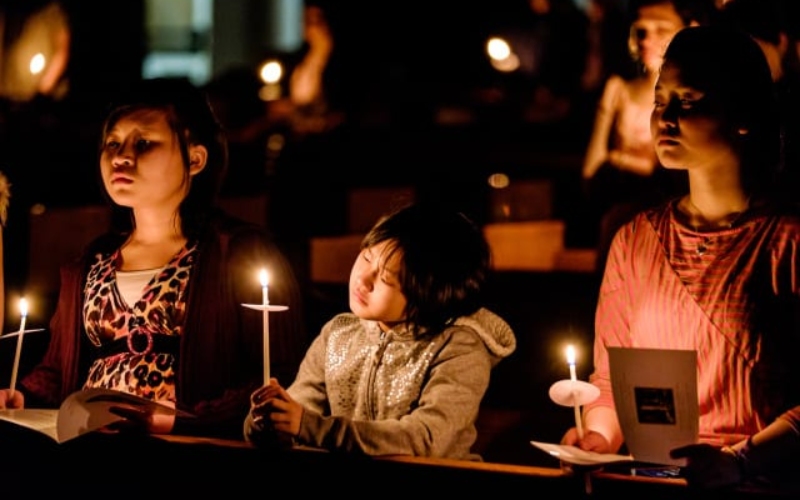 What is the Easter Vigil?
What is the Easter Vigil?
For further reference: 2023 Greetings and meaningful Easter wishes
2 When is the Easter Vigil 2023 observed?
In the liturgical calendar of the Catholic Church, several major feasts include a vigil (or vigil Mass), most notably the Easter Vigil or Vigil of Easter, held on the evening of Holy Saturday. A similar vigil is also observed before Christmas.
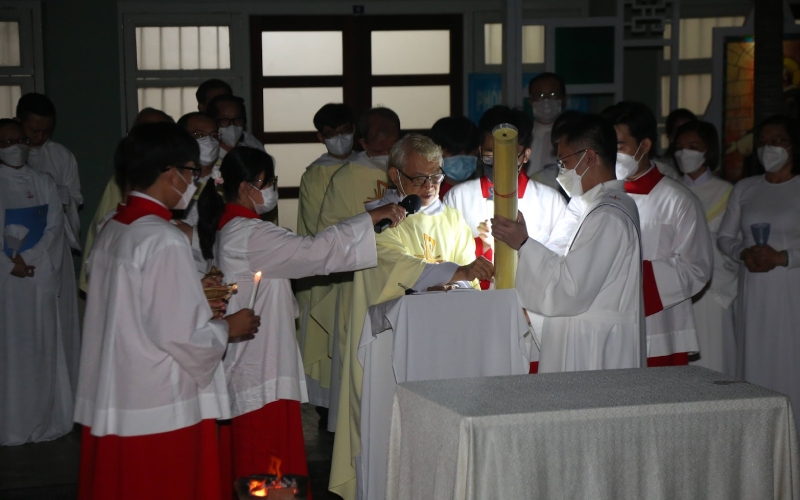 When is the Easter Vigil 2023 observed?
When is the Easter Vigil 2023 observed?
3 Origin and Significance of the Easter Vigil
For Christians, particularly those of the Catholic faith, Easter holds a very special significance, comparable to traditional holidays in Vietnam. It commemorates the remembrance of Jesus Christ’s resurrection from the dead. The Easter Vigil is a time for prayer and anticipation of Christ’s resurrection.
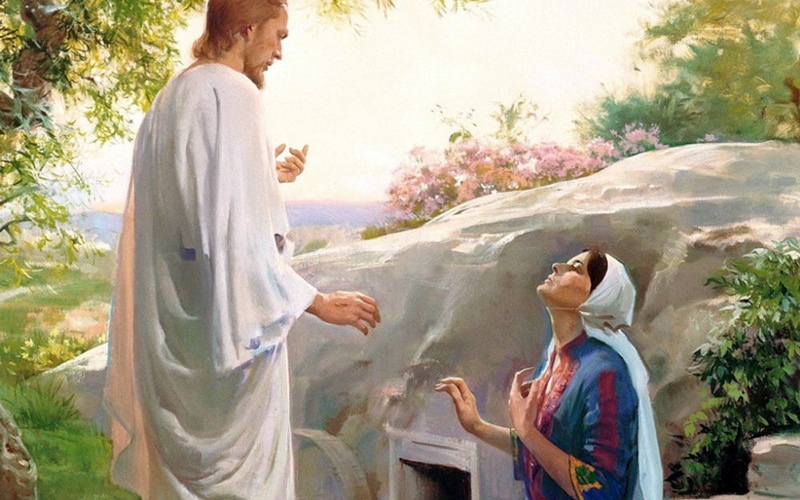 Origin and Significance of the Easter Vigil
Origin and Significance of the Easter Vigil
4 Is Attendance at the Easter Vigil Mandatory?
While it is highly encouraged to attend the Easter Vigil, it is not mandatory. Therefore, attending Mass on the actual feast day fulfills the obligation to attend Mass on a Holy Day of Obligation. Alternatively, one may choose to attend the vigil Mass on the evening before the feast day to fulfill this obligation. Canon Law states: “A person who assists at a Mass celebrated anywhere in a Catholic rite either on the feast day itself or in the evening of the preceding day shall satisfy the obligation of participating in the Mass” (Canon 1248 §1).
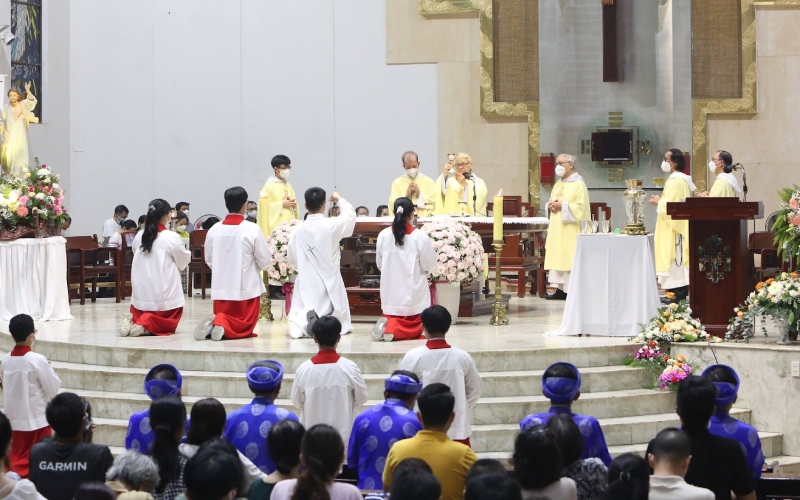 Is Attendance at the Easter Vigil Mandatory?
Is Attendance at the Easter Vigil Mandatory?
4 Frequently Asked Questions about the Easter Vigil
Does the Easter Vigil replace Sunday Mass?
The Easter Vigil and Easter Sunday Mass (celebrated between March 22nd and April 25th) are both significant observances for Christians, and there is no substitution between these two major feasts.
Is the Easter Vigil a solemnity?
Yes, the Easter Vigil is a solemnity.
Does attending the Easter Vigil replace attending Easter Mass?
Attending the Easter Vigil on the evening before the feast day can fulfill the obligation to attend Mass.
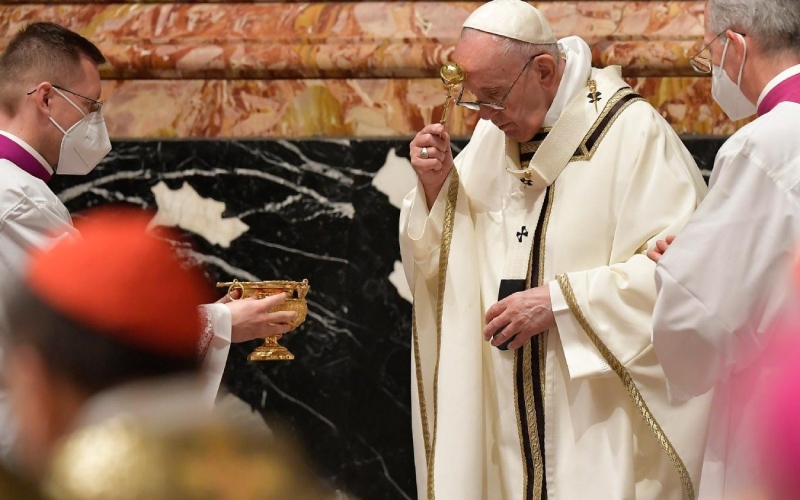 Frequently Asked Questions about the Easter Vigil
Frequently Asked Questions about the Easter Vigil
What are the important days during the Easter celebration?
- Palm Sunday: Marking the beginning of Holy Week, Palm Sunday recounts Jesus’ triumphal entry into Jerusalem before his passion. People welcomed him with palm branches, which is why churches use palm leaves in their services.
- Holy Saturday: Holy Saturday commemorates the day Jesus lay in the tomb after his crucifixion. It is a day of rest in some places, with limited business hours. While there are no special Masses, it is a popular day for baptisms and weddings.
- Easter Sunday: This day celebrates Jesus’ resurrection, and is a joyous occasion for Christians. Churches are adorned with flowers and decorations in white and gold, and choirs sing special hymns. Children receive chocolate eggs and participate in colorful egg hunts. It is a national holiday, so all businesses are closed.
- Easter Monday: Easter Monday is the final day of the Easter celebrations. Most businesses and schools remain closed. Many people take this opportunity to attend events or host family gatherings.
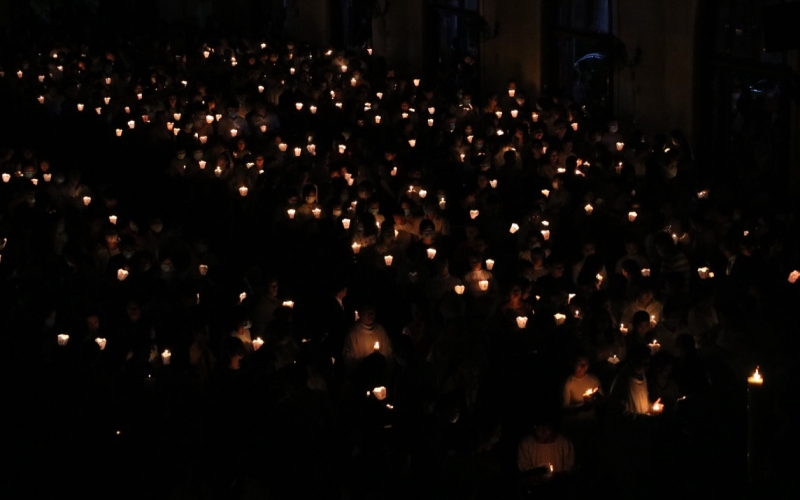 What are the important days during the Easter celebration?
What are the important days during the Easter celebration?
These are some insights into the Easter Vigil. Stay tuned for more informative articles from us!
































